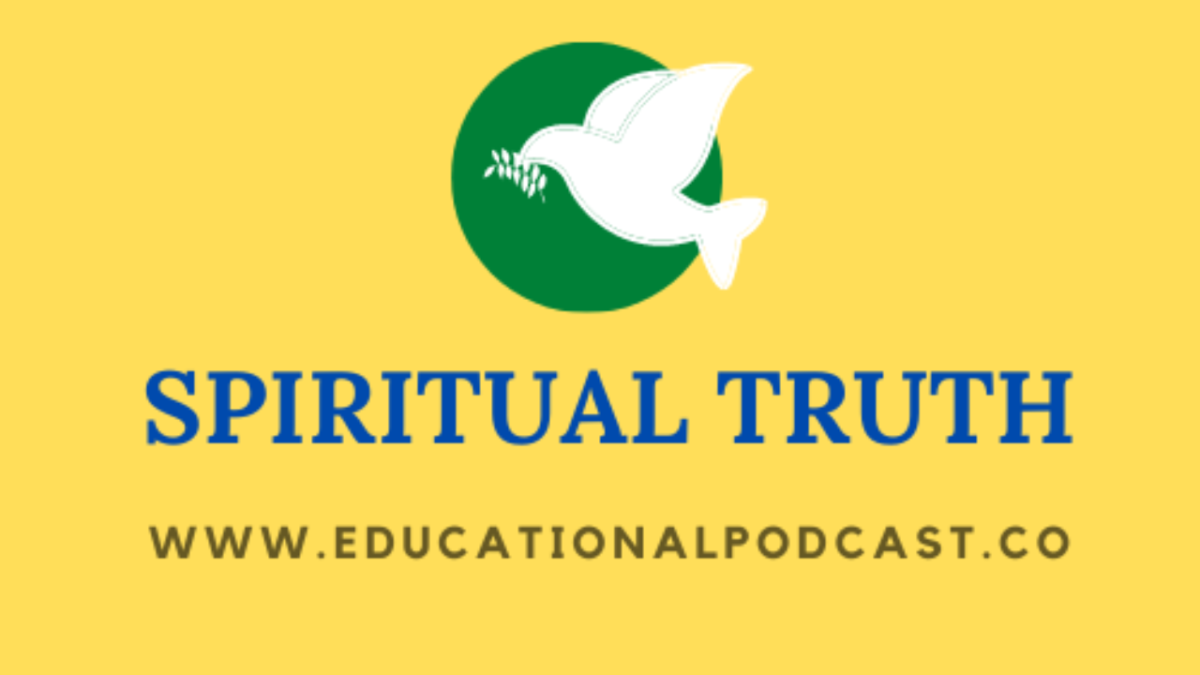The Feast of Tabernacles or Sukkot is a Holy Day with Great Significance on Humanity for All Time
What is the Bible’s Feast of Tabernacles or Sukkot Holy Day? Welcome back to educational podcast, a free podcast focusing on spirituality, specifically the amazing truths of the Bible. I’m Elder Dan, your host.
Today, we’re setting up camp under the palm branches to talk about Sukkot, or the Feast of Tabernacles. This isn’t just any Jewish festival; it’s a celebration that resonates with themes of gratitude, community, and connection to our roots. Let’s unpack what Sukkot means to humanity, beyond the rituals and into the heart of what it signifies.
If you would rather listen to this, just click the play button below. 🙂
The Essence of the Feast of Tabernacles or Sukkot
Sukkot, observed in late September to October, marks the end of the Jewish year’s harvest season. Imagine this: you’re building a temporary hut, or sukkah, covered with foliage, where you’re supposed to eat, sometimes even sleep, under the stars. Why? It’s to remember the Israelites’ wanderings in the desert, living in temporary shelters, completely dependent on the divine providence.
This act of living in a sukkah symbolizes fragility, the transient nature of life. But here’s where it gets interesting for all of humanity – it’s a reminder that no matter how permanent our homes or our lives might seem, they’re all temporary. Sukkot teaches us to embrace impermanence, to find joy in the journey, not just the destination.
Community and Unity
Now, Sukkot isn’t just about personal reflection. It’s a community affair. The sukkah, by tradition, should be open on all sides, symbolizing openness and hospitality. You invite guests, even commandeer strangers to join you, echoing a universal call for unity and shared humanity.
Think about it – in our modern world, where isolation can be as much a physical state as a mental one, Sukkot provides a blueprint for communal living. It’s a festival that says, “Hey, let’s break bread together, under the same roof of leaves, sharing stories, food, and life.” It’s a festival that inherently breaks down barriers, fostering a sense of global kinship.
Environmental Connection
Here’s another layer – Sukkot’s connection to nature. The lulav (palm, myrtle, willow, and citron) is waved in all directions, symbolizing Almighty Yahweh’s omnipresence. But let’s zoom out. This act also binds us with the Earth. It’s a festival that, from its inception, celebrates the harvest and our dependence on nature.
In today’s climate, where we’re talking about sustainability, Sukkot’s rituals can be seen as an ancient call to environmental stewardship. You’re literally living closer to the earth, experiencing the elements, reminding yourself of your dependence on nature, as provided by Yahweh, our Elohim in heaven. It’s a festival that, in many ways, anticipates the ecological consciousness we’re awakening to today.
Sukkot or Feast of Tabernacles as a Human Festival
So, why should Sukkot matter to all of us, beyond its Jewish context? Because at its core, Sukkot is about gratitude for what we have, recognition of our shared vulnerabilities, and an invitation to live in harmony with each other and with nature. It’s a festival that, in its simplicity, offers profound lessons on how to live well in the world.
As we wrap up, maybe this year, whether you’re Jewish or not, consider building your own sukkah, metaphorically or literally. Share a meal, look up at the stars through the branches, and remember: life is temporary, community is essential, and the Earth is our shared home.
Brothers and sisters, thank you for joining me on this episode of the educational podcast. If you’d like to continue this conversation or share your thoughts on this topic, leave a comment below or reach out to me directly. Feel free also to visit our main website by clicking here to read and learn more genuine truths from the Bible.
Until next time. May the Almighty Father in heaven, Yahweh, bless and guide us all on our spiritual journey. Our greetings of a very happy Feast of Tabernacles or Sukkot to all the like-minded people out there with the same faith. Keep your faith up, and let’s keep spreading love, faith, hope, and truth to others and this fading world.
Brethren, before I go, let me pray this prayer for you: May Yahweh bless you and keep you; may Yahweh make his face shine upon you and be gracious to you; may Yahweh lift up his countenance upon you and give you peace. I humbly pray all these things to Yahweh through Yahshua the Messiah, our Master and coming King, amen. Kindly keep praying for the shalom of Israel. Take care. Halleluyah!

2 replies on “What is the Bible’s Feast of Tabernacles or Sukkot Holy Day?”
I really appreciate how you’ve explained the significance of the Feast of Tabernacles (Sukkot). It’s fascinating to see how deeply rooted these traditions are and how they continue to hold meaning for many today.
Bible’s Feast of Tabernacles is a wonderful festival in my opinion. Thanks for sharing this valuable info.